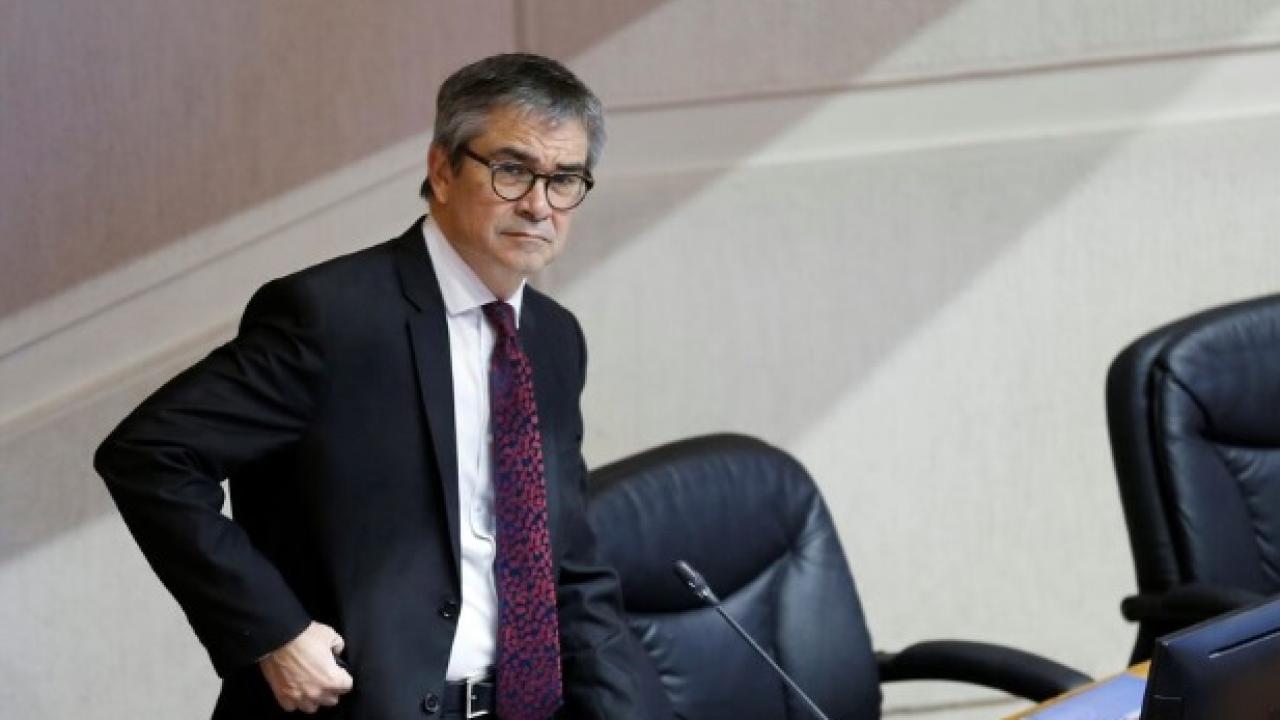
The lack of agreements in the Finance Committee and the progress of the tax compliance project are the stumbling blocks. Finance Minister Mario Marcel raises the alarm.
The 2025 Budget Bill is about to be presented in Chile, with September 30 being the date on which the Government must submit the initiative for discussion in Congress.
In this context, there are two key points: the lack of agreements in the Finance Committee and the progress of the tax compliance project, which was expected to be ready before the discussion of the Budget.
Now, in statements to a local radio station, the Minister of Finance, Mario Marcel, emphasized this last point, pointing out that if the tax obligations project is not approved quickly, "what could happen is that an incomplete law would have to be introduced, which would have to be completed during the course of the discussion."
"I think this is something that is not in the interest of either the parliamentarians or the government," said Marcel.
According to the Minister of Finance, this is the last budget project that will be fully implemented by the current government of President Gabriel Boric.
“Therefore, it is a law that consolidates many of the priorities that the Government has set in previous budget regulations, and for this reason, we are going to take the opportunity not only to look at what is proposed for 2025, but also at what has been done from 2022 onwards,” he added.
Already within the Commission, Marcel said that they are working to ensure that the various parliamentarians are better acquainted with the project, since "those who were not in the Senate Finance Commission have a more limited knowledge and that is what we have tried to do."
Finally, the head of public finance commented - regarding a possible delay in the tax compliance law - that "if one is guided by the fact that 90% or so of the modifications made in the Finance Committee were approved unanimously and that on the other hand, the great majority of them share the same sense of what was voted on in the Chamber, we do not see major objections or obstacles to the vote."
“But of course it is a large project that has many issues. Therefore, attention must be paid to each of them and to the concerns that the parliamentarians express,” Marcel concluded.









